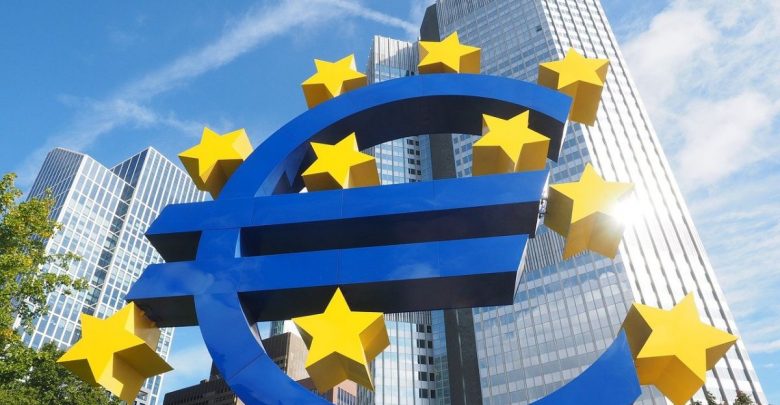On Tuesday, shares in European markets extended their gains for the fifth session in a row, thanks to miners and defensive sectors, even though further upside was limited due to risks of an economic recession.
Index rises
The pan-European STOXX 600 index rose by 0.2%, which saw it reach a high of 10 weeks, thereby recovering most of the losses it had incurred in June in this week.
There was a 3.2% rise in miners that were leading gains, thanks to a 5.5% rise in BHP’s London-listed shares, after the global miner posted stellar results.
There was also an advancement in utilities and telecoms, which are sectors that are considered safer in times of economic uncertainty.
Market analysts said that most of the rally happening in the European market was running on momentum and technical, but the fundamentals remained unchanged for the most part.
They further added that Europe’s economic outlook was quite negative. Once recession signs become evident and the economic data starts deteriorating, then European equities will also suffer.
Economic data
There was a fall in investor sentiment in Germany, albeit slightly, due to concerns about the impact of the rising cost of living on private consumption.
This suggested that the largest economy in Europe might be tipping into an economic recession. Market analysts said that the decline in the ZEW survey shows that the economy may be contracting.
They added that a recessions seems to be inevitable at this point because the impact of high energy prices would have an impact on both industry and households.
Other data showed that countries in the euro zone had reached a trade deficit in June because of rising prices of imported oil and gas, even though they had been at a surplus just a year ago.
European stocks
This week, European stocks have been holding close to their recent peaks, even though data out of the United States and China was weak and there were concerns about disruptions in gas supply in Germany.
Gas flows to Germany from Russia’s Gazprom via the Nord Stream 1 pipeline have reduced to 20% capacity, which has increased fears of a gas shortage in the winter months.
There was a 5.4% rise in Delivery Hero, after a 7% growth for the quarter was forecast by the German online takeaway food firm.
There was also a 16% drop in Sonova, after the hearing aid maker reduced its forecast for the full year. The company cited higher freight and component costs and a slower-than-expected development in some markets.
There was also a 6.1% drop in Pandora because of disappointing sales in the second quarter. The Danish jewelry maker had not been able to do well in the US market.
The euro has also been suffering significantly this year, as it dropped to parity against the US dollar before it rose again. It is now heading towards parity once more over concerns about the European economy.

